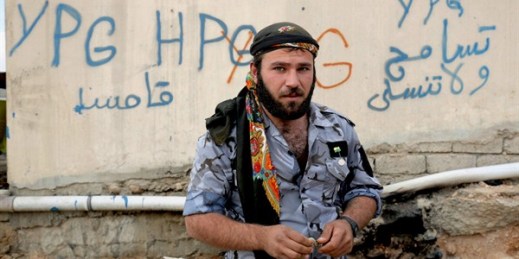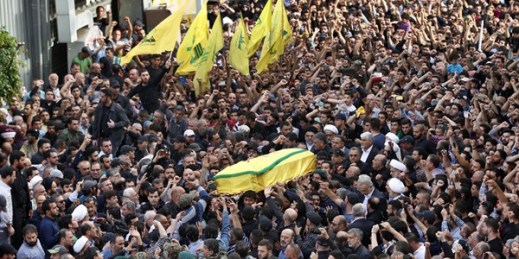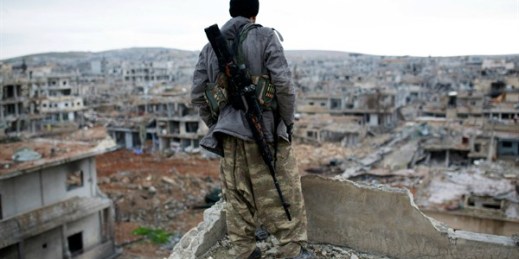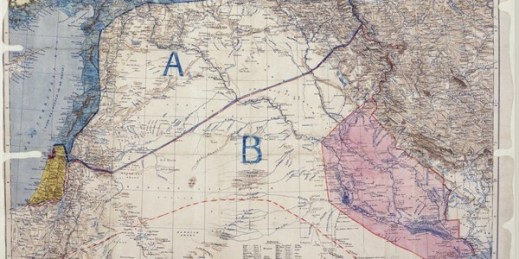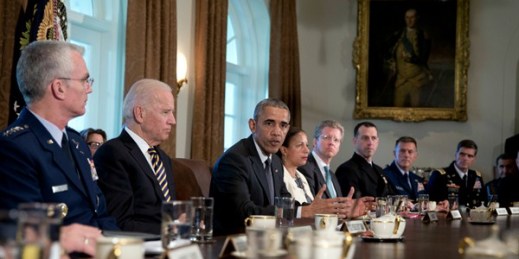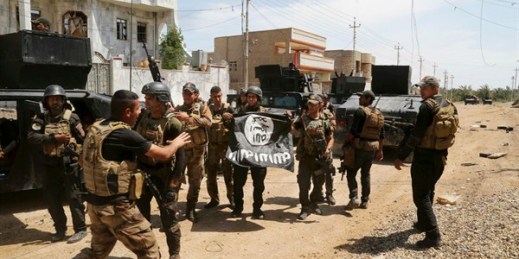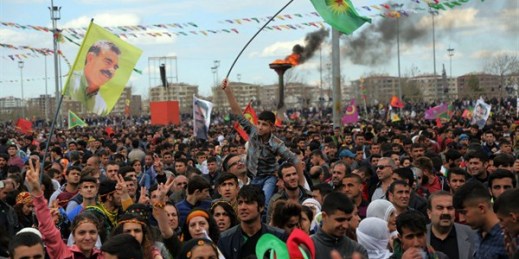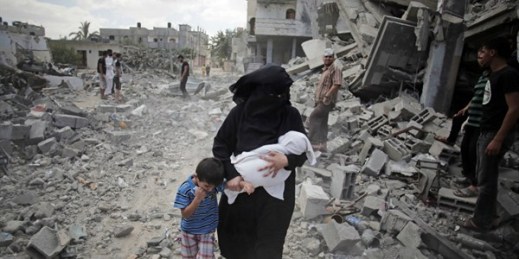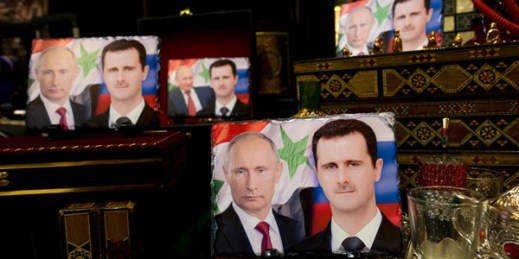
Although they are on opposite sides of Syria’s civil war, Russia and Saudi Arabia find themselves in similar positions. Both are presenting themselves as trying in earnest to rein in their proxies. Russia, wanting to again be considered a great power, has forced Syrian President Bashar al-Assad to come to the negotiating table and perhaps can force him to make important compromises. The Saudis, wanting to be seen as reliable and essential U.S. allies in the region, claim to have organized the fragmented Syrian opposition into a moderate, cohesive body. Moscow and Riyadh may indeed have enough leverage to rein […]

